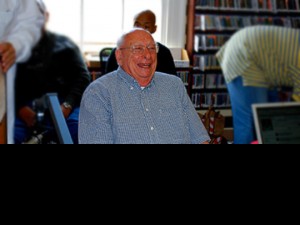cosimo_540x260.jpg

The Cosimo Code is an on-going project launched a few months ago, a collaborative internet resource of note to anyone interested in the history of New Orleans R&B.
It's well known that from the 1940s through the 1960s, Cosimo Matassa, operated a pair of French Quarter recording studios in which many R&B and early rock-n-roll records (by Fats Domino, Little Richard, and many, many others) were made. As a recording engineer, Matassa is widely credited with developing the "New Orleans Sound", a major influence on early rock-n-roll. In 2012, he was inducted into the Rock-n-Roll Hall of Fame.
But many of the details of those sessions have been lost in the foggy ruins of time. According to OffBeat Magazine's Jeff Hannusch, for years people "have tried to establish a timeline for the thousands of recordings made in New Orleans. Label issue numbers, trade ads and chart entries helped, but the stumbling block was the aptly named 'Cosimo Code.' Recently though, the code was successfully cracked...."
Beginning in 1960, Matassa assigned hyphenated "matrix numbers" to each record. The folks who run the Cosimo Code web site "have recently discovered that these 'Cosimo Code' numbers followed a set chronological pattern". It's the site's mission of to "attempt to log, by year, every known recording emblazoned with this code."
This 6-minute video explains the Cosimo Code project:
The Cosimo Code web site lists every known 45 bearing the Cosimo Code, arranged by year. So if you choose 1966 from the main menu and scroll down to matrix number 1593, you'll find Robert Parker's "Barefootin'" and at 1845, Aaron Neville's "Tell It Like It Is." But there are gaps in the matrix numbers, and more 45s yet to be discovered, thus the ongoing nature of the project.



















